UnityPCB offers premium and customized rigid-flex PCB solutions to drive your products forward.
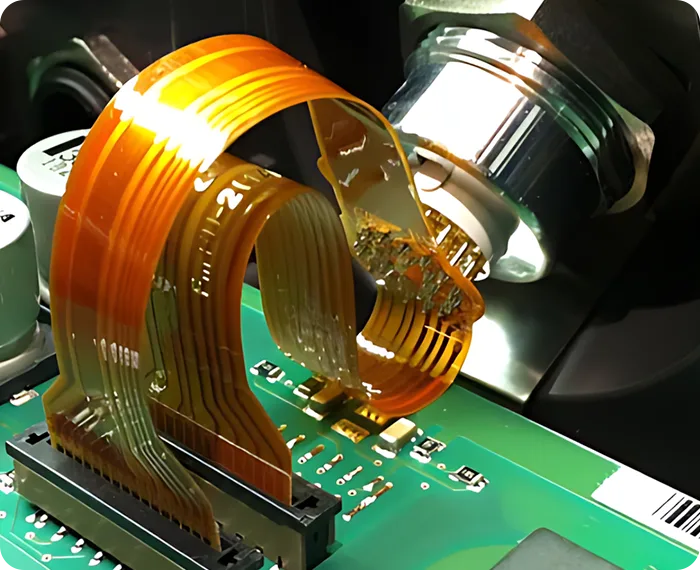
| Specification | Value |
|---|---|
| Layers | Up to 10 layers |
| Min. board Thickness | 0.1mm |
| Copper Thickness | 0.5 oz/ft² to 3 oz/ft² |
| Dielectric Constant (Er) | 2.9 to 4.3 (at 1 MHz) |
| Dissipation Factor (Tan δ) | 0.02 (at 1 MHz) |
| Maximum Operating Temperature | Up to 125°C |
| Glass Transition Temperature (Tg) | 130°C to 180°C |
| Coefficient of Thermal Expansion (CTE) | 12 - 16 ppm/°C (along X and Y axes) 60 - 70 ppm/°C (along Z-axis) |
| Min. via aperture | 0.1mm |
| Peel strength | ≥1.4N |
| Surface Finishes | HASL, ENIG, OSP, and others |
| Certifications | UL , IPC-6012, RoHS, ISO 9001, ISO14001 |
As a leading rigid-flexible PCB manufacturer, we offer top-notch PCB fabrication services designed to meet the diverse needs of our clients.

Custom Design
and Prototyping
Our engineer customize rigid-flex PCB designs according to your requirement and provide you with efficient prototyping solutions.

Advanced
Manufacturing
We manufacture single layer to multilayer rigid-flex PCBs using state of the art technology to ensure high accuracy and repeatability.

Quality
Assurance
All the circuit boards to be sold are tested for AOI, X-ray, and electrical testing before delivery to our customers.

Technical
Support
Our support team is tailored to meet your needs from the very beginning of your collaboration with us to after completing your order.

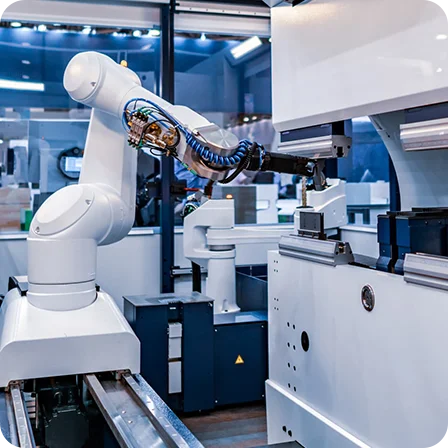



UnityPCB’s 12,400㎡ facility includes a 2,600㎡ clean room, 5 SMT lines, and 3 DIP production lines. Equipped with precision drilling machines, plating systems, and etching setups for exact circuit patterning, as well as reflow soldering machines and wave soldering systems. Our state-of-the-art X-Ray and AOI machines ensure the high-quality PCB production.
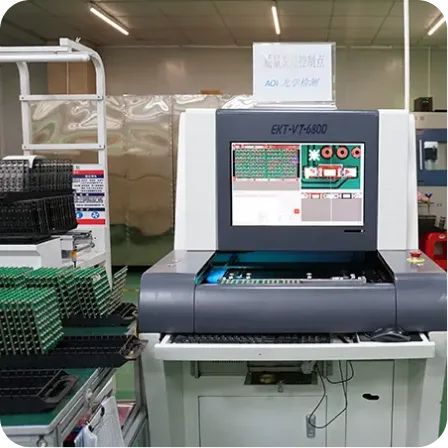
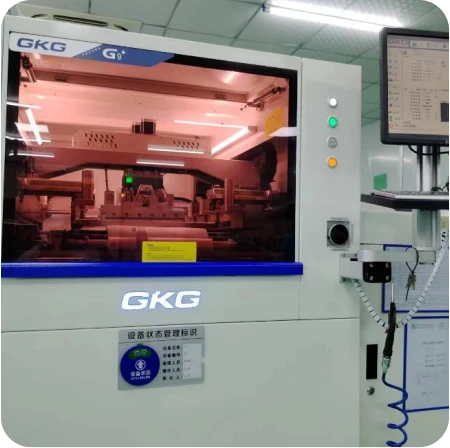
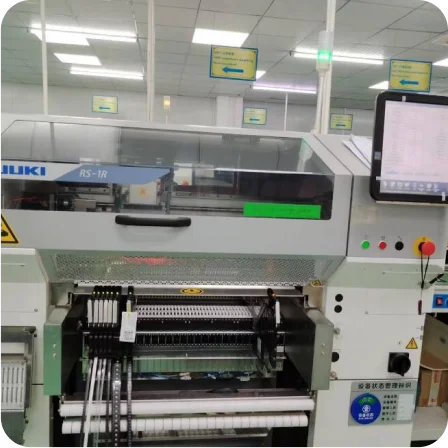
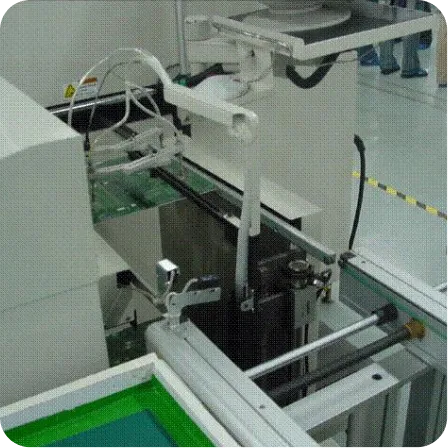
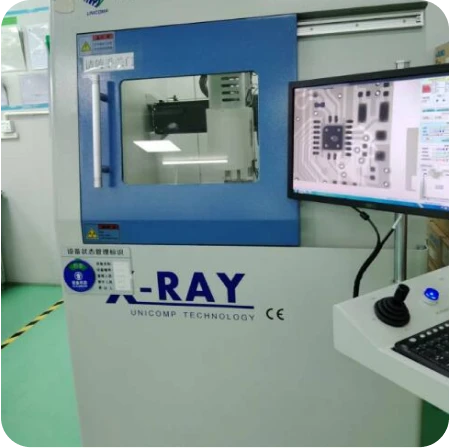
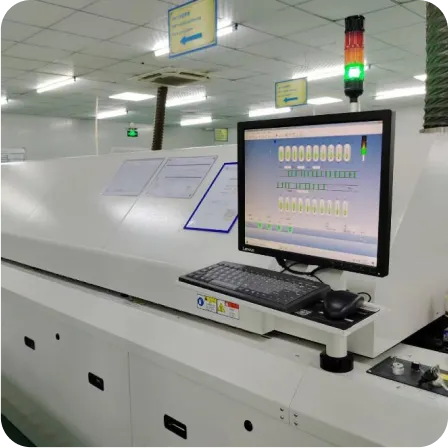
A rigid-flex PCB is a PCB that features flexible parts, and has rigid copper parts on the top and bottom layers, which offer the needed mechanical strength to the assembled PCB.
Some of the benefits associated with the use of the rigid-flex PCBs include; lower assembly difficulty, occupying less space, higher performance and higher durability and flexibility which allows the designers to create complex formations of the three dimensional.
The rigid-flex PCBs are ideal in most applications in aerospace industries, automobiles, medical equipment, consumer electronics, wearable gadgets, and industrial controls, where space and the circuity’s durability are highly valued.
The cost of manufacturing the rigid-flex PCBs are relatively high compared to the conventional PCB designs because of their structure and assembly.Nevertheless, it can potentially lead to cost reduction in the long run through cutting assembly time, reducing connector requirements, and enhancing reliability.
The rigid-flex PCBs are difficult to repair or redesign since they are developed using complicated assemblies of rigid and flexible circuits and connections between them. When changes are needed, it should be easier and more cost-effective simply to redesign the whole PCB assembly.
Contact Us